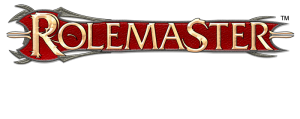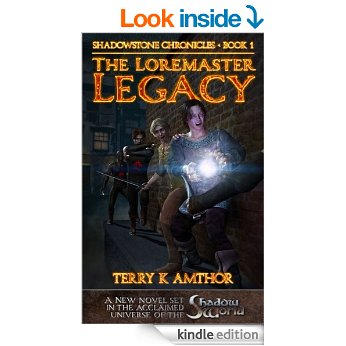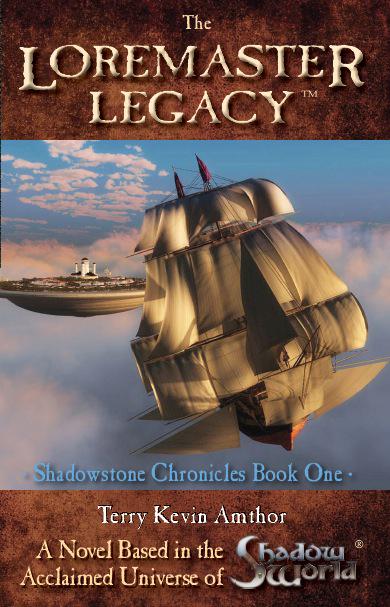
Now this is a different beast!
Everything I disliked about Creature Law does not apply to Spell Law. It looks like a professional, high quality product and give or take the odd rough looking table, it is. It is still a weighty tome but you have to look at it from a players point of view and a GMs’ point of view. As a player you could easily print off just your spell lists and you would have one page (sometimes two) per spell list and you get all the parameters, spell descriptions and any applicable notes that are important. Every spell list stands on its own two feet. This necessarily means that the spell list section if physically large but you do not have to read it all back to back.
As a GM the supporting material for magic has to be great enough to actually be supportive. Rolemaster illusions are absolutely amazing magic and much better in RMU that it was in RM2 and RMC. If you are coming from the D&D world then you need that detail on illusions as they are nothing like you are used to. This spell law still has the utterly rediculous rule that the weight of the illusionist specifies the weight that can be bourn by the illusions. Never trust the halfling illusionist but the obese guy in the corner may be in danger of a heart attack but his illusionary bridges are amazing. Under the RM2 creatures and treasures there was a most potent artifact (slippers) that allowed illusionists to stand on their own illusions, now illusionists have this ability for free!
I am pleased to see ritual magic wrapped into the core magic rules. I love rituals and having a coherent set of rules that apply to both players and evil villains alike is cool.
All in all I would say this book is a natural progression from Beta 1 and a marked improvement. There are lots of little changes, each quite minor but the sum of all of them is significant. There are bits of RMU I have already adopted into my normal play because they quite simply were good ideas well executed and this holds true.
The thing I am most interested in seeing is how Action Points work. they are briefly mentioned in Spell Law but are part of Arms & Character Law which I am only just starting to read now. It sounds to me like the initiative rules have take a major revamping!







![art1[1]](http://www.rolemasterblog.com/wp-content/uploads/2015/06/art11.jpg)



